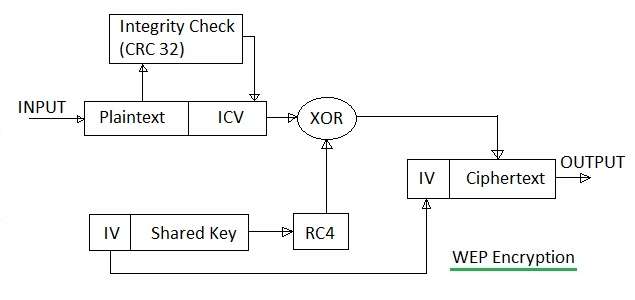
When it comes to the security of an encryption key, more bits make it stronger.
#WPA2 PERSONAL VS WEP VS WPA 64 BITS#
The encryption keys in WEP consist of 64 bits or 128 bits. Encryption key is present at the wireless network source and decryption key is present at every receiving end. Two complementary keys, that are used, are encryption and decryption keys. Comparison of Encryption Strengthīoth, WEP and WPA2 use secret keys to encrypt data. Let us have a look at the major differences between the two. Still, the standard continues to be used by some manufacturers. When WEP was shown to be vulnerable to hacking, it was replaced by WPA (Wi-Fi Protected Access) and later updated with WPA2 for 802.11i wireless networks. It was developed for the IEEE 802.11 wireless networks. The first wireless network security standard was WEP (Wired Equivalent Privacy), which was designed to provide the same level of security, as a wired network (which explains the name) and it was first released in 1997.

Your wireless router is programmed, with such a wireless encryption program, that protects it from unauthorized access. Today, cryptology is an applied field of science, that is devoted to the generation of encryption algorithms to secure data transmission. The receiving end of the data, has the decryption key, using which it decrypts the data. If anybody intercepts the transmission, all he would see is garbled data.

Before transmission, data is encrypted (converted into a cryptic form, using certain mathematical algorithms). For secured transmission of data through radio waves, encryption methods were developed. Since the beginning of wireless communication, security of transmitted data has always been a concern. A Comparison Between the Two Encryption Standards Here is a comparison between these two encryption standards, that may help you decide which one to opt for. WPA has been upgraded to WPA2 recently and it is supposed to be a lot more secure than WEP, which is its predecessor.


 0 kommentar(er)
0 kommentar(er)
